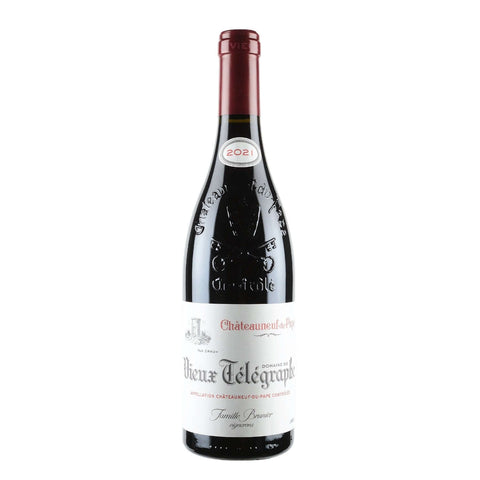Biodynamic wine is crafted from grapes farmed biodynamically. This holistic approach views the farm as a living organism based on anthroposophy, a philosophy founded by Dr. Rudolf Steiner in the early 1920s. Unlike natural wine, which requires at least organic grapes and emphasizes non-interventionist winemaking, biodynamic wine doesn't necessarily adhere to natural winemaking practices. While many biodynamic wines are also natural, the primary criterion for biodynamic wine is that the grapes are farmed biodynamically, regardless of the winemaking method.
Biodynamic farming emphasizes the interdependence of plants, animals, and people, fostering an environment where each element is harmonious. Biodiversity is crucial, with various plants and animals introduced to enhance the natural resilience of the farm. This interplay between plants and animals, where animals support plants with manure and plants provide animal food and habitat, is a cornerstone of biodynamics. Animal welfare is prioritized, with animals fed natural diets and raised in free-range conditions.
Chemical fertilizers are forbidden, with soil fertility maintained through composting, cover cropping, and crop rotation. Pest and disease prevention is achieved by promoting biodiversity, which helps keep the natural balance. Biodynamic farming is more than just agriculture; it's a regenerative practice integrated into the community, often involving community-supported agriculture focusing on ecological, social, and economic sustainability. It's a form of spiritual farming where practices align with the biodynamic calendar, reflecting the influence of the cosmos on the environment.

